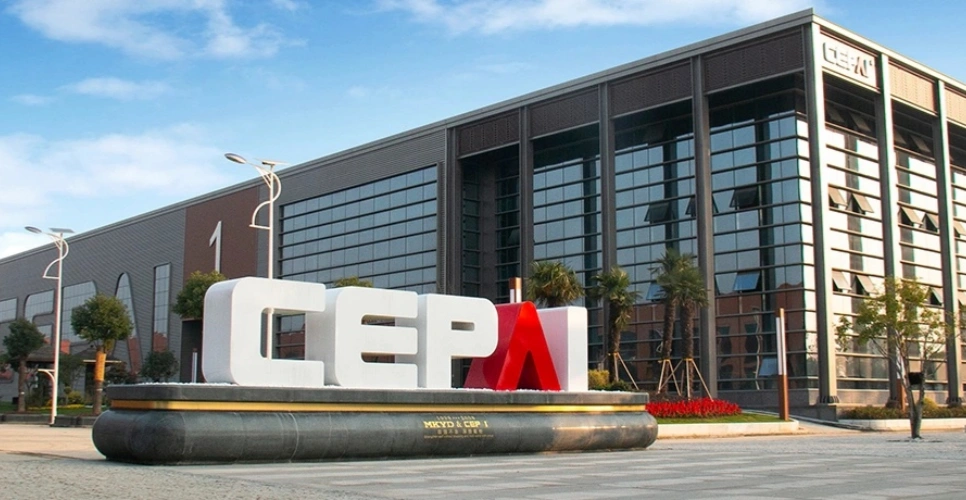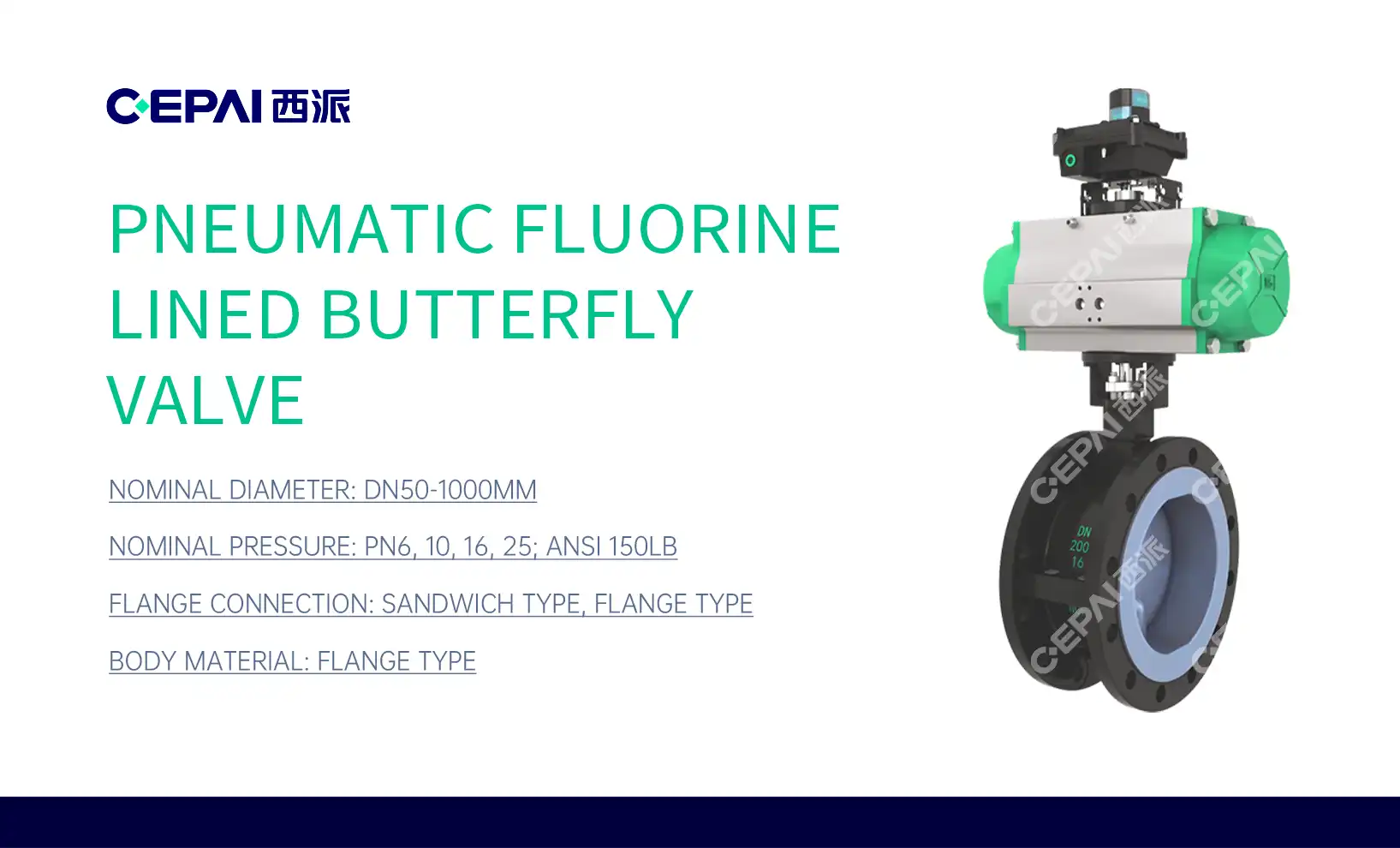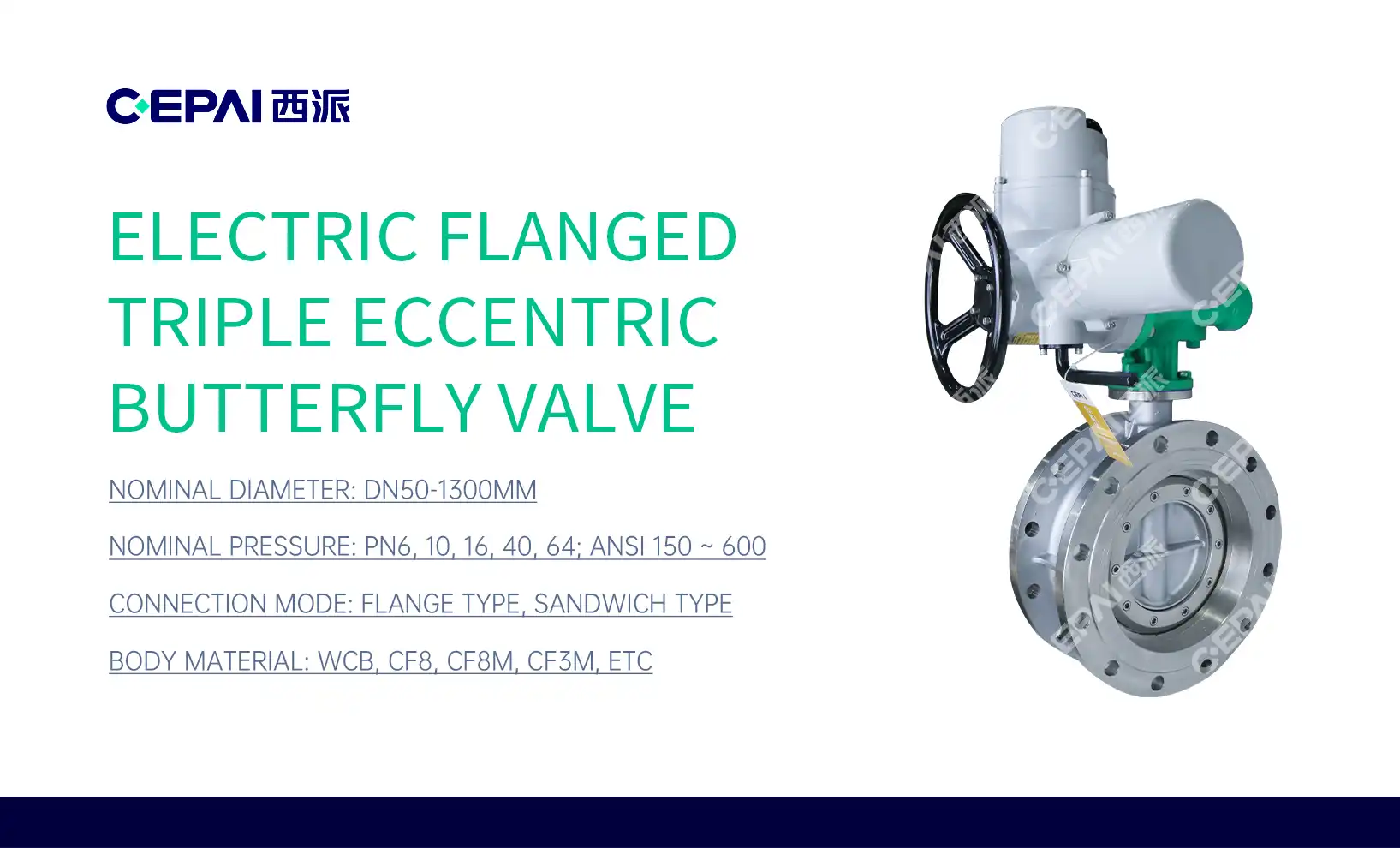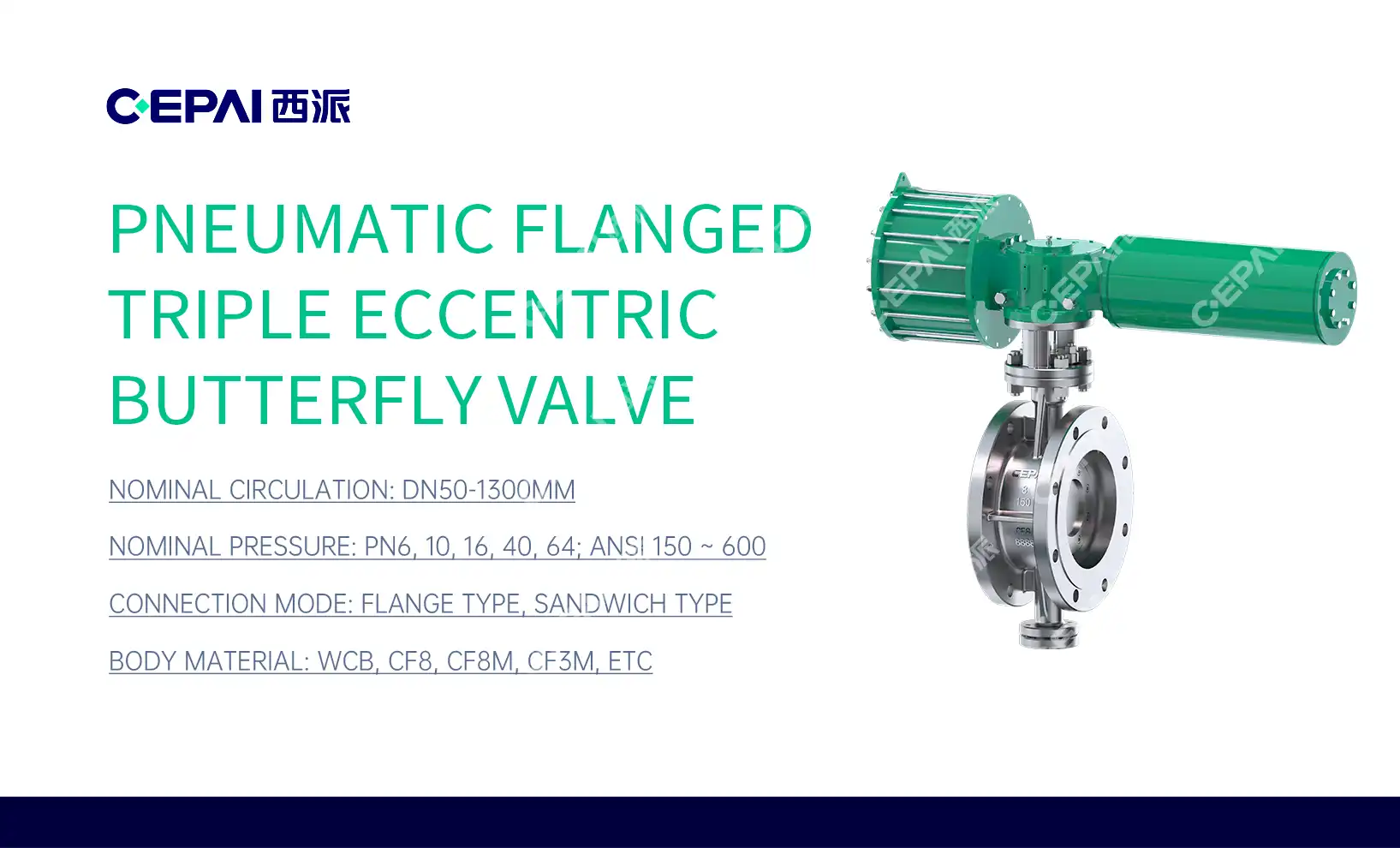Design Features and Advantages of Electric Ball Valves in Continuous Casting
Robust Construction for Harsh Environments
Electric ball valves are engineered to withstand the rigorous demands of continuous casting water systems. Their sturdy construction typically incorporates corrosion-resistant materials such as stainless steel or specialized alloys. This robust design ensures longevity and reliability even when exposed to high temperatures, pressures, and potentially abrasive water conditions commonly found in steel manufacturing processes. The valve's body and ball are precision-machined to maintain tight tolerances, minimizing wear and tear while ensuring consistent performance over extended periods of operation.
Precise Flow Control Capabilities
One of the key advantages of electric ball valves in continuous casting applications is their ability to provide precise flow control. The electric actuator allows for incremental adjustments to the valve's position, enabling operators to fine-tune water flow rates with exceptional accuracy. This level of control is crucial in maintaining optimal cooling and lubrication throughout the casting process, contributing to improved product quality and consistency. Advanced electric ball valve models may incorporate feedback mechanisms, further enhancing their control precision and allowing for real-time monitoring of valve position and performance.
Quick Response and Tight Shut-off
Electric ball valves excel in their ability to respond rapidly to changing system requirements. The electric actuator can quickly open, close, or adjust the valve's position, allowing for swift adaptation to variations in the casting process. This quick response time is essential for maintaining consistent water flow and pressure, particularly during critical phases of the continuous casting operation. Furthermore, the ball valve design ensures a tight shut-off when closed, preventing unwanted leakage and enhancing overall system efficiency. The combination of quick response and reliable sealing makes electric ball valves an ideal choice for applications requiring frequent cycling and precise flow control.
Integration and Automation Benefits in Continuous Casting Water Systems
Seamless Integration with Control Systems
Electric ball valves offer exceptional compatibility with modern control and automation systems used in continuous casting operations. Their electric actuators can be easily interfaced with programmable logic controllers (PLCs) and distributed control systems (DCS), allowing for centralized management of multiple valves throughout the water system. This integration enables operators to monitor and adjust valve positions remotely, enhancing overall system efficiency and reducing the need for manual intervention. Advanced electric ball valve models may also incorporate communication protocols such as HART or Fieldbus, facilitating real-time data exchange and diagnostics with the central control system.
Enhanced Process Automation
The incorporation of electric ball valves in continuous casting water systems significantly contributes to process automation. These valves can be programmed to respond automatically to various process parameters, such as temperature readings, flow rates, or pressure sensors. This level of automation ensures consistent and optimal water management throughout the casting process, reducing the potential for human error and improving overall product quality. Automated valve control also allows for the implementation of complex flow sequences and rapid adjustments to accommodate different casting configurations or product specifications, enhancing the flexibility and efficiency of the continuous casting operation.

Data Logging and Performance Analytics
Modern electric ball valves often come equipped with advanced features that support data logging and performance analytics. These capabilities allow operators to track valve usage, cycle counts, and response times over extended periods. By analyzing this data, maintenance teams can identify trends, predict potential issues before they occur, and optimize valve performance for specific continuous casting applications. Some electric ball valve systems may even incorporate predictive maintenance algorithms, using collected data to suggest optimal service intervals and reduce unplanned downtime. This data-driven approach to valve management contributes to improved reliability and efficiency of the entire continuous casting water system.
Maintenance and Long-term Cost Benefits of Electric Ball Valves
Reduced Maintenance Requirements
Electric ball valves are designed with minimal moving parts, which translates to reduced wear and tear compared to other valve types. This simplicity in design contributes to lower maintenance requirements and extended service intervals. The electric actuator eliminates the need for pneumatic or hydraulic systems, further reducing potential points of failure and simplifying maintenance procedures. Regular maintenance typically involves simple tasks such as lubrication checks and occasional calibration of the electric actuator, which can often be performed without removing the valve from the line. This low-maintenance characteristic makes electric ball valves particularly suitable for continuous casting water systems, where minimizing downtime is crucial for maintaining production efficiency.
Energy Efficiency and Operating Costs
The use of electric ball valves in continuous casting water systems can lead to significant energy savings and reduced operating costs. Unlike pneumatic or hydraulic valves that require constant air or fluid pressure to maintain their position, electric ball valves only consume power during actuation. This on-demand operation results in lower energy consumption, particularly in applications where valves remain in a fixed position for extended periods. Additionally, the precise control capabilities of electric ball valves allow for optimized flow management, potentially reducing pumping requirements and further enhancing energy efficiency. Over time, these energy savings can translate into substantial cost reductions for the continuous casting operation.
Longevity and Return on Investment
Electric ball valves offer excellent longevity when properly selected and maintained, providing a strong return on investment for continuous casting water systems. Their robust construction and resistance to wear ensure reliable performance over many years, even in demanding industrial environments. The initial cost of electric ball valves may be higher compared to some alternative valve types, but their long-term benefits often outweigh this upfront investment. Factors contributing to their favorable ROI include reduced maintenance costs, improved process efficiency, and decreased downtime. Furthermore, the adaptability of electric ball valves to changing process requirements through software updates or simple reprogramming extends their useful life, maximizing the value of the initial investment.
Conclusion
Electric ball valves prove to be highly suitable for continuous casting water systems due to their robust design, precise control capabilities, and seamless integration with automation systems. Their ability to withstand harsh environments, provide accurate flow regulation, and respond quickly to changing process demands makes them invaluable in maintaining optimal cooling and lubrication in continuous casting operations. The long-term benefits of reduced maintenance, energy efficiency, and extended service life further solidify their position as a preferred choice for these critical industrial applications. As continuous casting technology continues to evolve, electric ball valves are well-positioned to meet the increasing demands for precision, reliability, and efficiency in water management systems.
FAQs
1. How do electric ball valves improve efficiency in continuous casting water systems?
Electric ball valves enhance efficiency through precise flow control, quick response times, and seamless integration with automation systems, optimizing water management in the casting process.
2. Are electric ball valves suitable for high-pressure applications in continuous casting?
Yes, electric ball valves are designed to handle high-pressure applications commonly found in continuous casting water systems, ensuring reliable performance under demanding conditions.
3. What maintenance is required for electric ball valves in continuous casting operations?
Electric ball valves typically require minimal maintenance, including periodic lubrication checks and occasional actuator calibration, contributing to reduced downtime and operational costs.
Expert Electric Ball Valve Solutions for Continuous Casting Water Systems | CEPAI
CEPAI Group Co., Ltd. specializes in high-end energy valve manufacturing, offering cutting-edge electric ball valve solutions for continuous casting water systems. Our expertise in key core technologies and commitment to industrial innovation position us as a leading supplier, manufacturer, and factory for advanced valve systems. With a focus on quality and reliability, we provide tailored solutions to meet the demanding requirements of the continuous casting industry. For expert advice and product inquiries, contact our team at cepai@cepai.com.

References
Johnson, R. T. (2021). Advanced Flow Control in Continuous Casting: The Role of Electric Ball Valves. Journal of Steel Manufacturing Technology, 45(3), 287-301.
Smith, A. L., & Brown, K. P. (2020). Automation and Control Systems in Modern Continuous Casting Operations. Industrial Process Control Quarterly, 18(2), 112-128.
Chen, X., & Wang, Y. (2022). Energy Efficiency Improvements in Continuous Casting Water Management. Sustainable Manufacturing Review, 7(1), 45-59.
Anderson, M. E. (2019). Valve Selection Criteria for High-Performance Cooling Systems in Steel Production. Metallurgical Engineering International, 33(4), 401-415.
Thompson, L. K., & Davis, R. H. (2023). Long-term Cost Analysis of Electric Actuators in Industrial Valve Applications. Journal of Industrial Economics and Management, 56(2), 178-192.
Zhang, H., & Liu, J. (2021). Advancements in Water Control Technologies for Continuous Casting Processes. International Journal of Metals Processing, 29(3), 334-349.

_1746598538016.webp)



